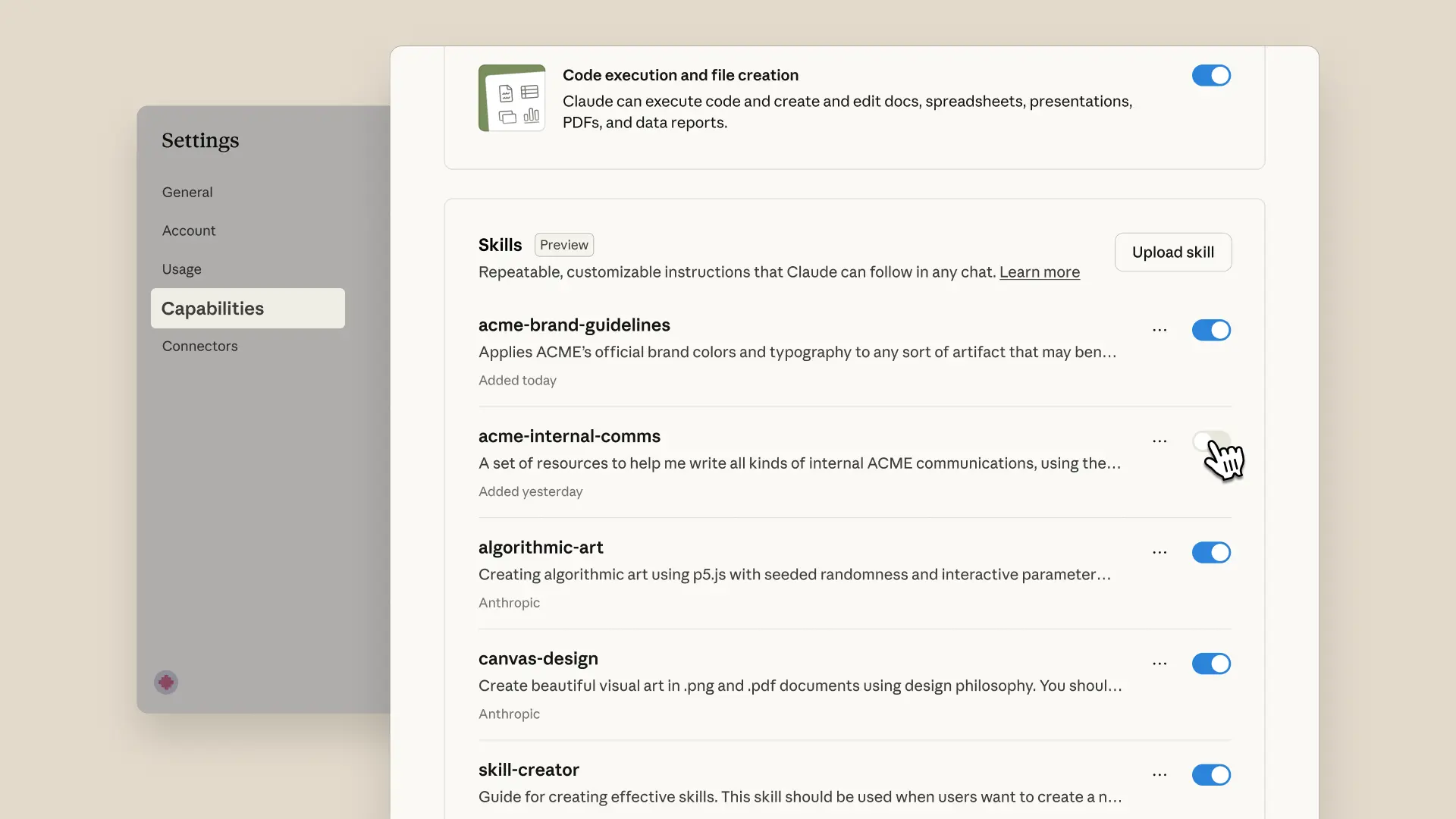
When the large language models (LLMs) war started, nobody could have predicted it would be this big.
Soon after OpenAI launched ChatGPT in late 2022, it ignited the arms race, igniting a new era of artificial intelligence where tech companies raced to create smarter, more capable conversational models. What started as a novelty quickly became the foundation of a multibillion-dollar industry that is racing towards being over a trillion.
With every major player developing their own take on what an intelligent assistant should be, like Google in building Gemini, Microsoft integrating Copilot into its software ecosystem, among others, Anthropic introduced Claude.
It was designed not just to compete, but to redefine how people interact with AI.
Anthropic has always positioned Claude as the more thoughtful and principled alternative, focused on reasoning, clarity, and trust. But with competition intensifying and AI systems becoming more specialized, Anthropic is now pushing Claude further into a new frontier of usefulness.
The company’s latest feature, 'Skills,' marks a major leap toward making Claude more adaptable, personal, and capable of real work without constant hand-holding.
If ChatGPT made people talk to AI, Skills are designed to make them work with AI.
Skills transform Claude from a general conversationalist into a task-specific expert.
Each Skill acts like a digital folder containing instructions, scripts, and resources that Claude can load automatically whenever it recognizes a relevant task. What this means, instead of explaining the AI a brand’s tone, or the preferred file format, or data conventions every time, users can simply package that expertise once, store it in a Skill, and let Claude reference it as needed.
Anthropic describes these as "custom onboarding materials."
And this makes a whole lot of difference.
First of, the way it works is elegantly simple.
When users give Claude a task, it quietly scans the available Skills it has been given, determines which ones to apply, and loads only the components it needs. That keeps it efficient and fast, while still drawing from detailed, domain-specific knowledge.
Anthropic provides several built-in Skills, like generating Excel sheets, Word documents, PowerPoint presentations, and even fillable PDFs. Users and developers however, can also create their own.
A brand manager may create and upload a "Company Voice" Skill, a lawyer can build a "Contract Template" Skill, and an analyst may wish to create one specifically for financial modeling.
Each time Claude detects a matching context, it automatically applies the right one.

Unlike one-off prompts or plugins, Skills are consistent across the entire Claude ecosystem.
They work in the Claude app, Claude Code, and the Claude API, which means developers can deploy them once and use them everywhere. They’re portable, composable, and versioned, so if users update a Skill with new brand assets or revised guidelines, every new project instantly reflects the change. This gives organizations a scalable way to encode institutional knowledge directly into their AI workflows, without sacrificing control or security.
The result is a smarter, more autonomous Claude: one that begins to resemble a true digital assistant rather than just a text generator.
It can format reports the same way every time, apply the right legal disclaimers, adhere to your company’s design language, and generate materials consistent with your internal standards.
For teams, this means faster output with fewer revisions; for individuals, it means less time spent repeating context and more time focused on strategy and creativity.
Anthropic’s approach with Skills also highlights a deeper industry shift.
The race among AI developers is no longer just about size or raw intelligence. It’s about alignment and specialization. OpenAI’s ChatGPT now supports custom GPTs and plugins. Google’s Gemini connects directly to Workspace data. Microsoft’s Copilot integrates across Teams, Word, and Excel. Anthropic’s response is different but just as strategic.
instead of embedding Claude everywhere, it’s teaching Claude to understand users' need better, using Skills as a modular knowledge system.
As with any personalized AI system, there are risks.
Anthropic warns users to be careful about where Skills come from, especially since they can include executable code or sensitive data. Using unverified Skills could expose security vulnerabilities, making it crucial to trust the sources and review the content before activation.
Still, the company insists Skills load only minimal and relevant data, keeping Claude efficient and secure by design.
The introduction of Skills marks a defining moment in Anthropic’s evolution.
It moves Claude from being a polished conversational partner into something far more practical: an intelligent collaborator that learns, remembers, and acts.
It’s a step toward the agentic AI future that Silicon Valley has long envisioned, where assistants don’t just answer questions but execute tasks, manage workflows, and adapt to personal or corporate contexts seamlessly.
The LLM war may have begun with who could talk best, but it’s shifting toward who can work best. And with Skills, Anthropic has made its move, is positioning Claude not just as another chatbot, but as an expert companion that knows exactly how users like things done.
